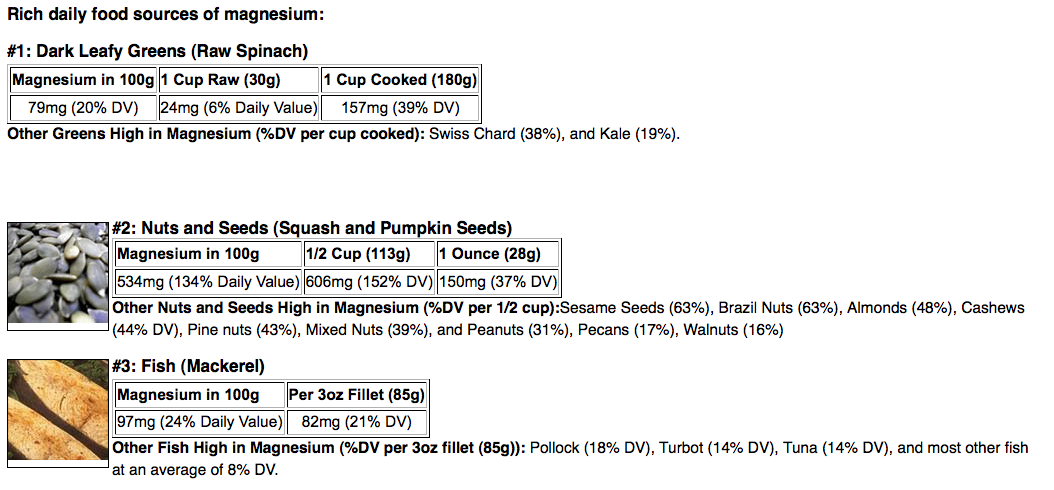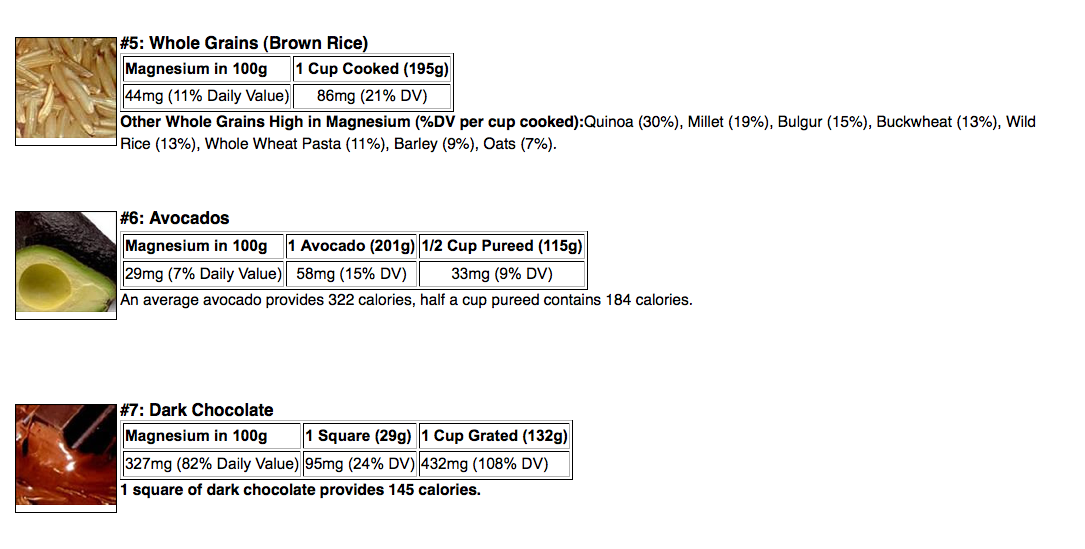A deficiency in magnesium is closely associated with diabetes. It is also the branch of reason why many people have trouble with their cardiovascular system.
Having a magnesium deficiency has become a prominent predictor when it comes to diagnosing heart disease and diabetes. Diabetics are loose their magnesium rapidly and need an ample supply than most people. In two new studies, in both men and women, those who consumed the most magnesium in their diet were least likely to develop type 2 diabetes, according to a report in the January 2006 issue of the journal Diabetes Care. Until now, very few large studies have directly examined the long-term effects of dietary magnesium on diabetes. Dr. Simin Liu of the Harvard Medical School and School of Public Health in Boston says, “Our studies provided some direct evidence that greater intake of dietary magnesium may have a long-term protective effect on lowering risk,” said Liu, who was involved in both studies.
SIGNS OF SEVERE MAGNESIUM DEFICIENCY:
o Severe hunger
o Severe thirst
o Urinating frequently
o Healing slowly when you’re bruised or have sores
o Weight loss that can’t be explained
o Constantly changing vision that is often blurry
o Abnormal feeling of being tired or drowsy
o Hands and feet have a tingling or numbness
o Frequently occurring vaginal yeast infections, skin infections, gum infections and bladder infections. You can have diabetes for five years and not be aware of it since the symptoms may not be strong. This means that, by the time diabetes is detected, you may already have various problems. You could have kidney, eye, gum or nerve damage brought on by the way cells deteriorate because they resist insulin and magnesium.
What happens to the blood sugar levels of a diabetes when they get too high? The body will construct “ketones” as an after effect of fat breakdown. Diabetic ketoacidosis (DKA) is then produced as a result of the ketones making the blood more acidic. A process called “acidosis” happens.
DKA can result in death or a coma. It is a serious condition that can also be referred to as “ketosis”, “diabetic acidosis”, “diabetic coma” or “ketaacidosis”. A popular method for the diagnosis of Type 1 diabetics is DKA. Those who are unable to visit a doctor, once they see any of the common symptoms, can die of DKA.
Magnesium supplements taken orally reduce erythrocyte[2] dehydration.[3] In general, when electrolytes are in balance, they maintain optimal hydration. The thirst that diabetics feel is brought on by a deficiency in magnesium. This deficiency happens in relations to the excessive calcium in the cells. Water is the source of life but, with diabetes, even water has a challenge when getting into appropriate cells. Most often the water goes through the kidneys.


- 1] http://www.nhfw.info/magnesium.html
- [2] Red blood cells are also known as RBCs, red blood corpuscles (an archaic term), haematids or erythrocytes (from Greek erythros for “red” and kytos for “hollow”, with cyte translated as “cell” in modern usage). The capitalized term Red Blood Cells is the proper name in the US for erythrocytes in storage solution used in transfusion medicine.
- [3] J. Clin. Invest. 100(7): 1847-1852 (1997). doi:10.1172/JCI119713. The American Society for Clinical Investigation

